- Written by Kate Alatsas - Manager, Children & Youth Services
- Category: Blog
Do you have a book that you remember reading together with your parents when you were young?
Long before I could read on my own, I could recite Margaret Wise Brown’s Goodnight Moon from memory. I still can. I found the mouse on every page, and counted the mittens - anything to prolong the story, and the special time spent reading together with my parents. In my current role as Manager of Children & Youth Services, I’m regularly transported back to childhood when I come across a familiar title or author on a book cart, or overhear a familiar rhyme during a library branch storytime program.
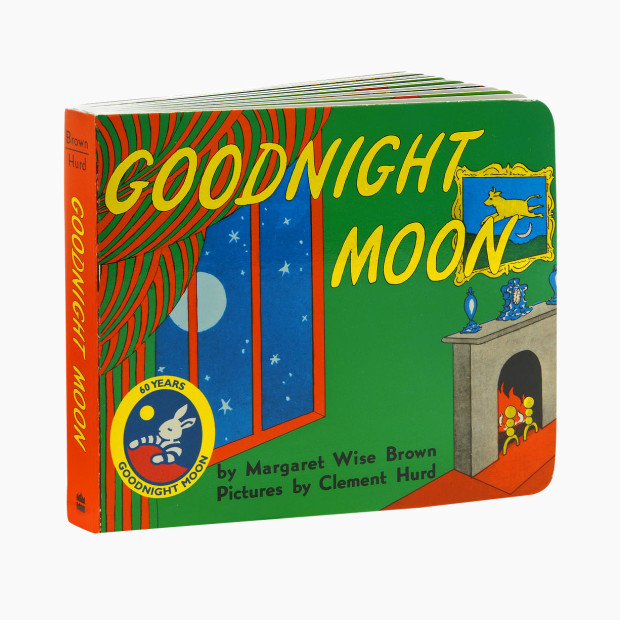
It’s these warm and fuzzy moments that remind me why I love my job so much. I hope that our newest initiative will create similar happy moments and special memories for all the babies born in Brampton this year.
Our A Reader is Born initiative provides newborns with their very first book, a gift to keep that is given out by nurses to new parents. Along with the book, we’ve included an invitation for all babies born in Brampton to receive their first library card, giving them (and their parents!) access to thousands of stories, free programming, and resources.
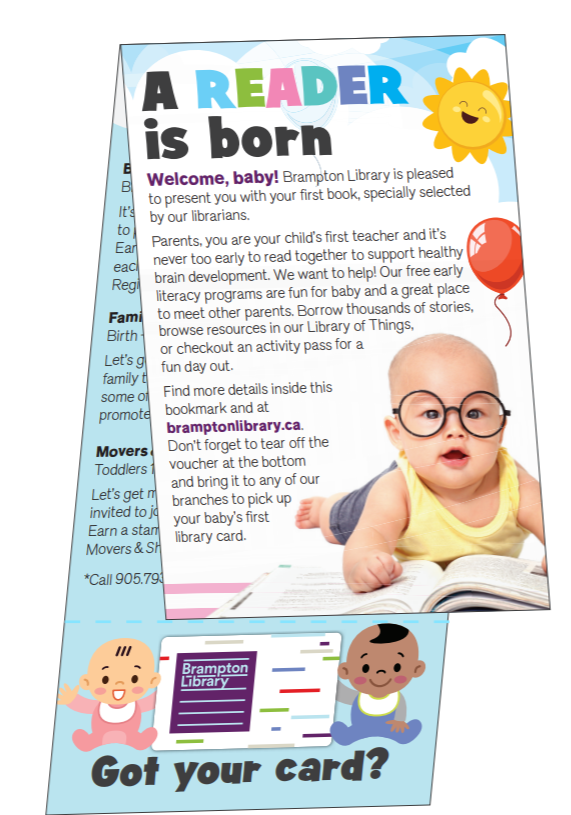
As librarians, we know that early literacy is an important factor in academic success. We also know that early learning doesn’t have to be complicated. What could be easier than reading to your baby every day?
As a public library, we are committed to supporting parents on their early learning journey and celebrating a love of reading with all residents of Brampton. We’re thrilled to be working closely with our local hospital team and thank them for being our on-site advocates with new parents at Brampton Civic Hospital.
I am happy to hear your feedback, please drop me a line anytime at This email address is being protected from spambots. You need JavaScript enabled to view it.
I hope to see you soon at the Library!
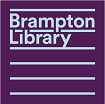




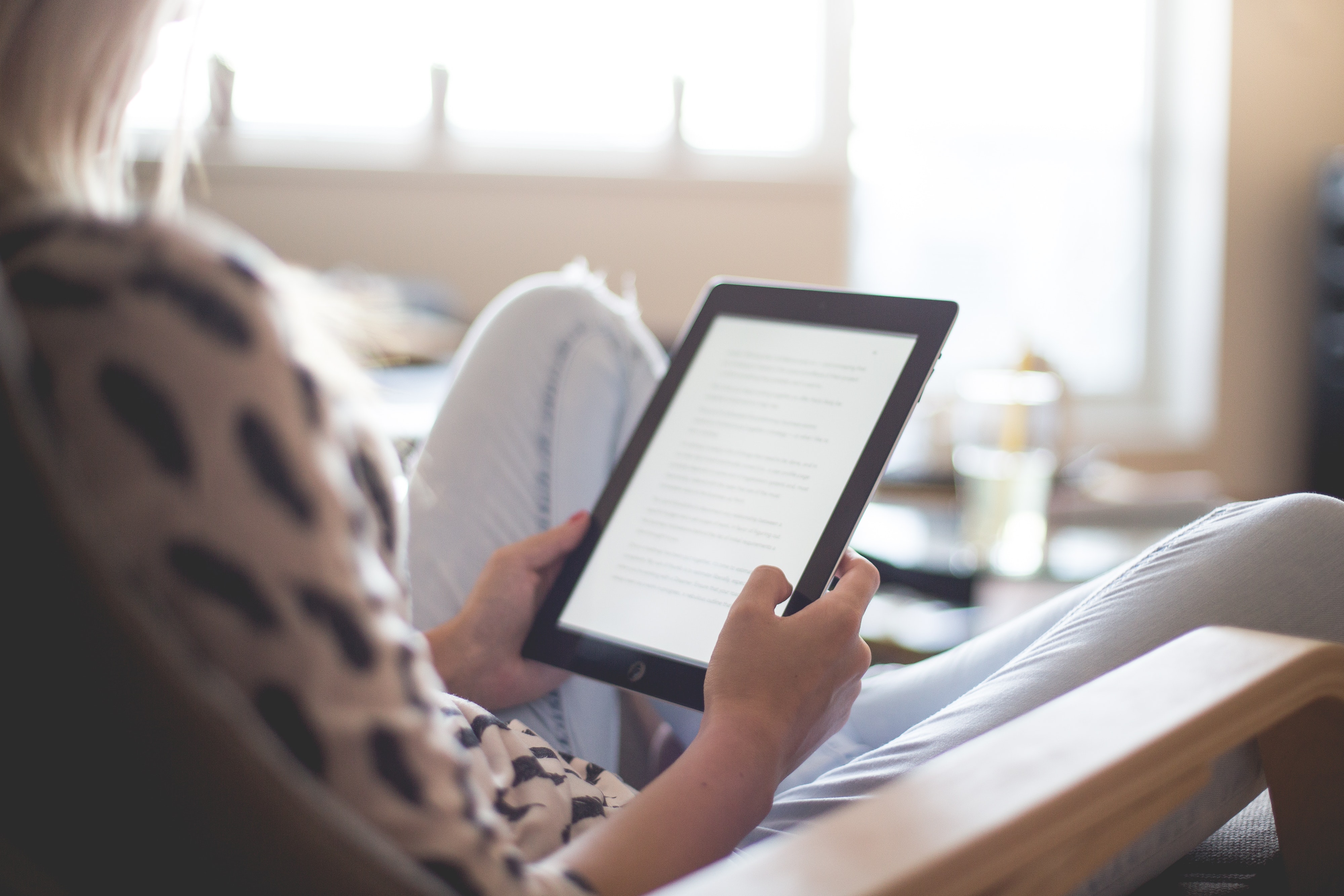
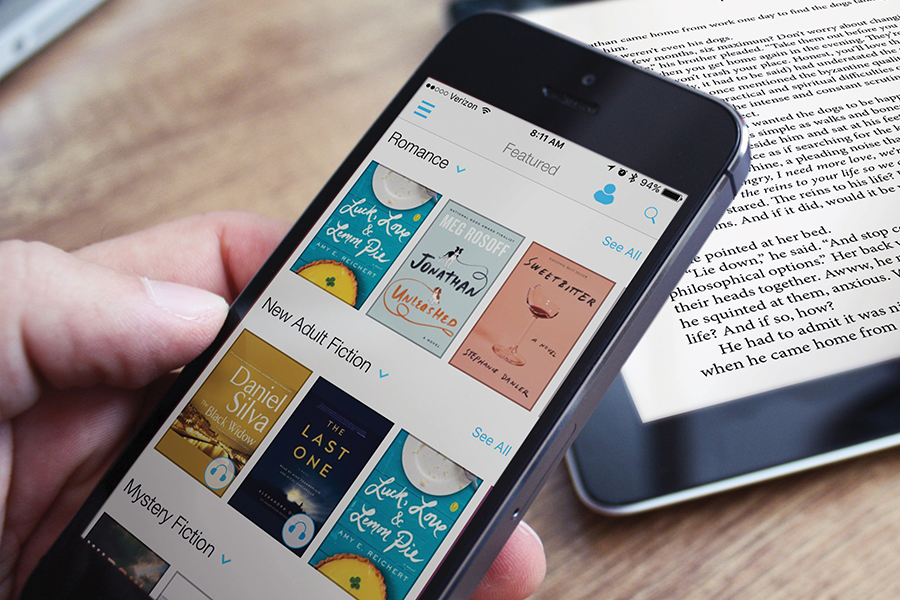

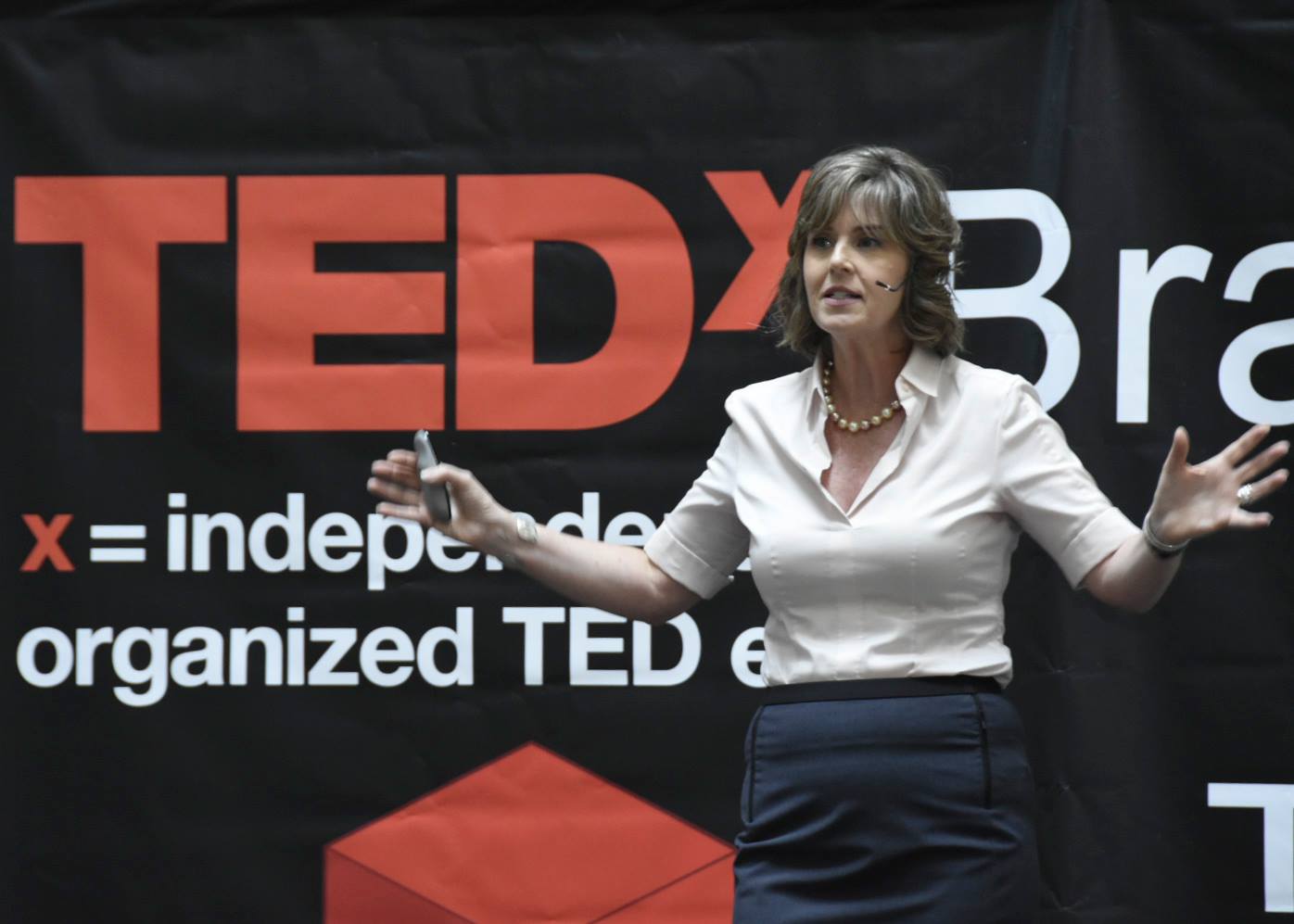

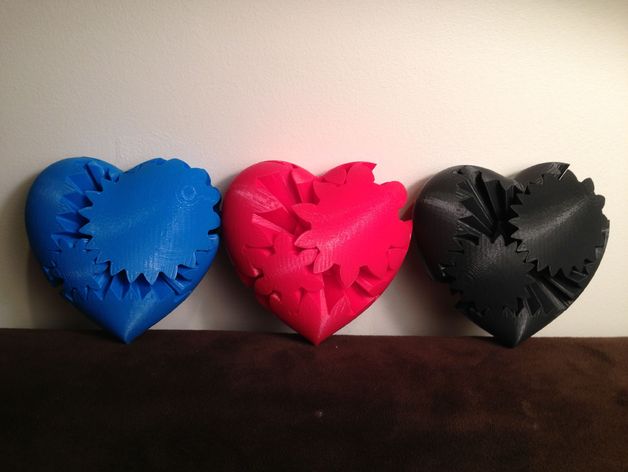



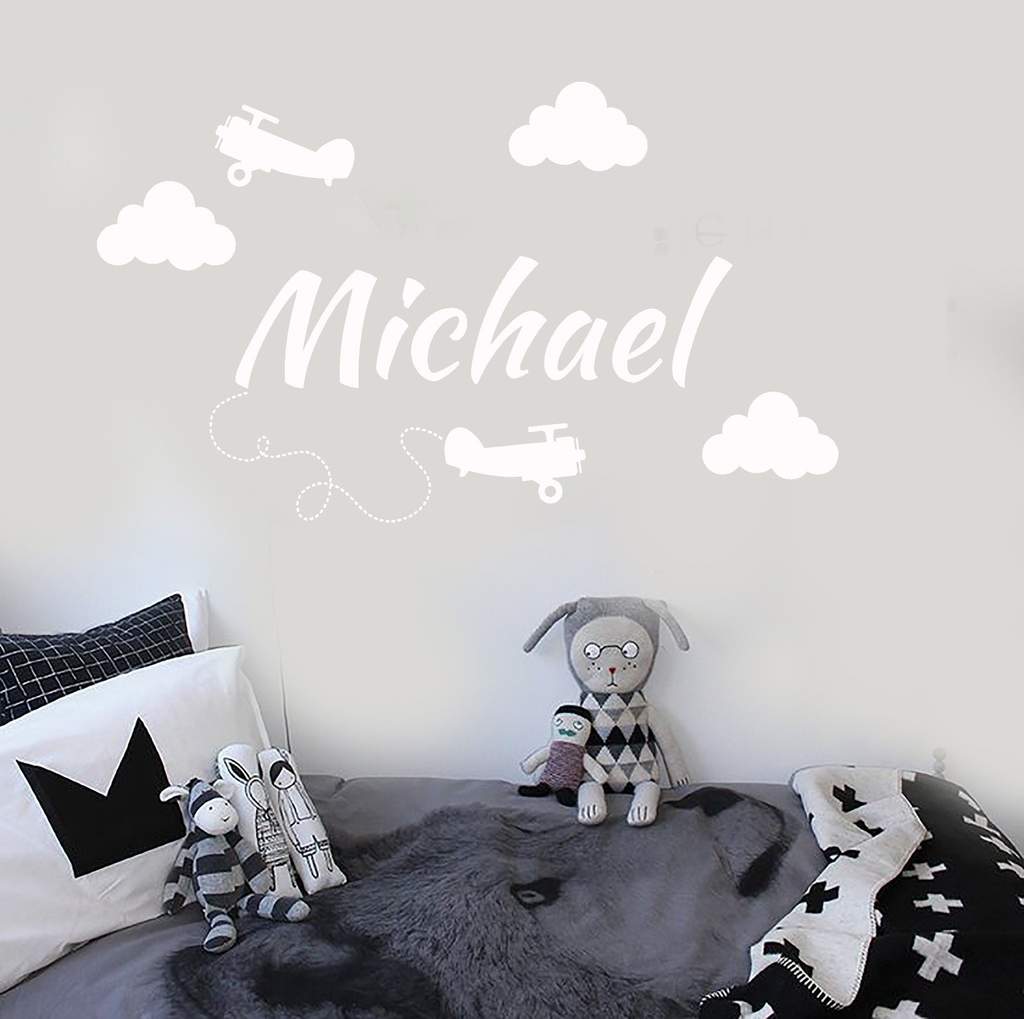
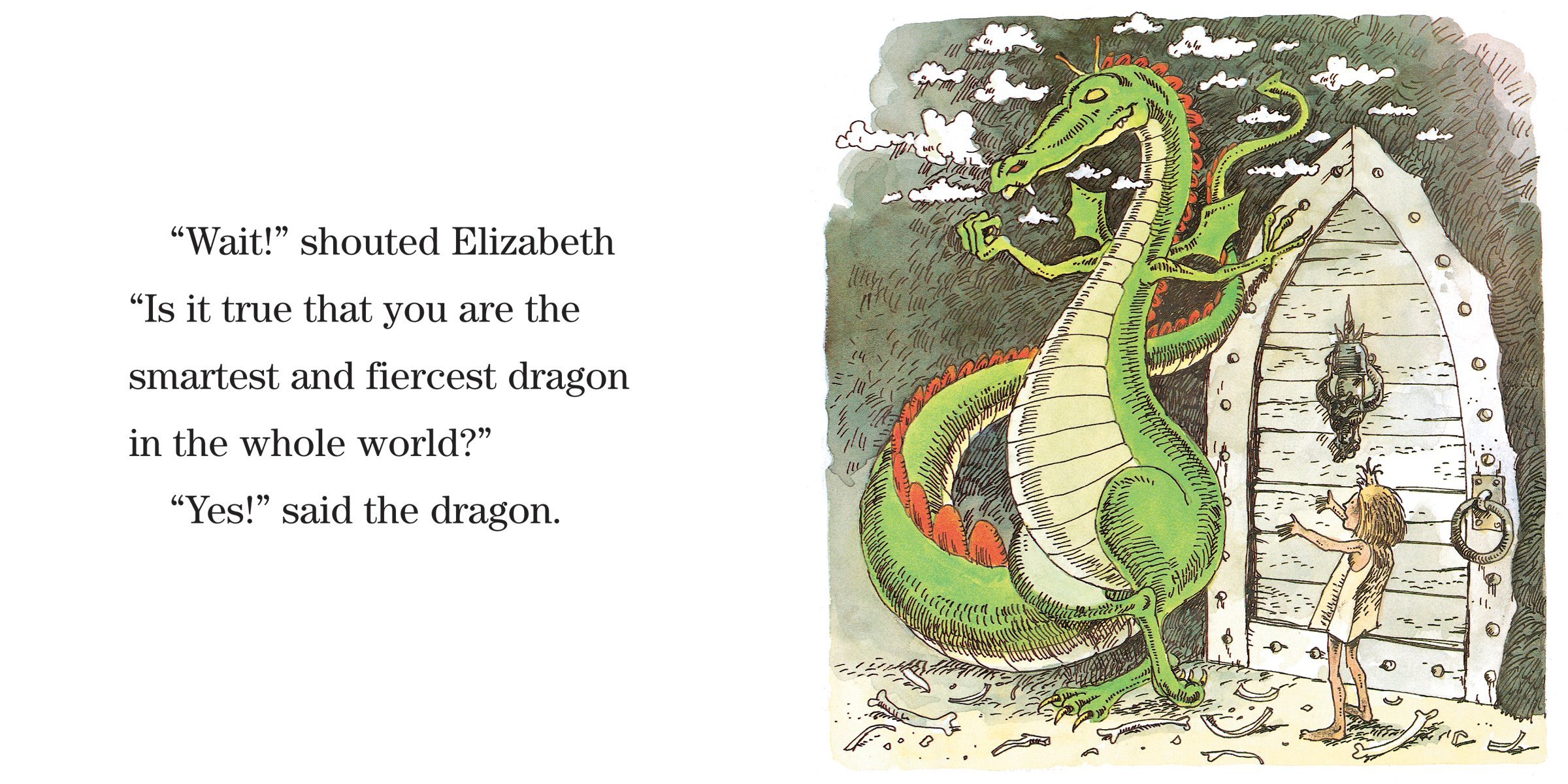

 905-793-4636
905-793-4636